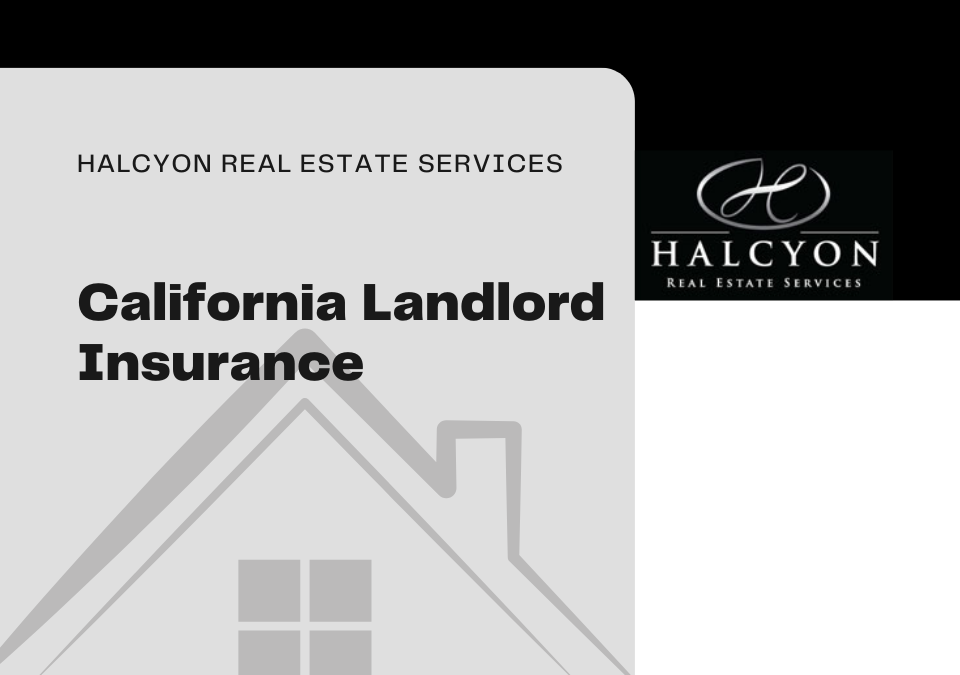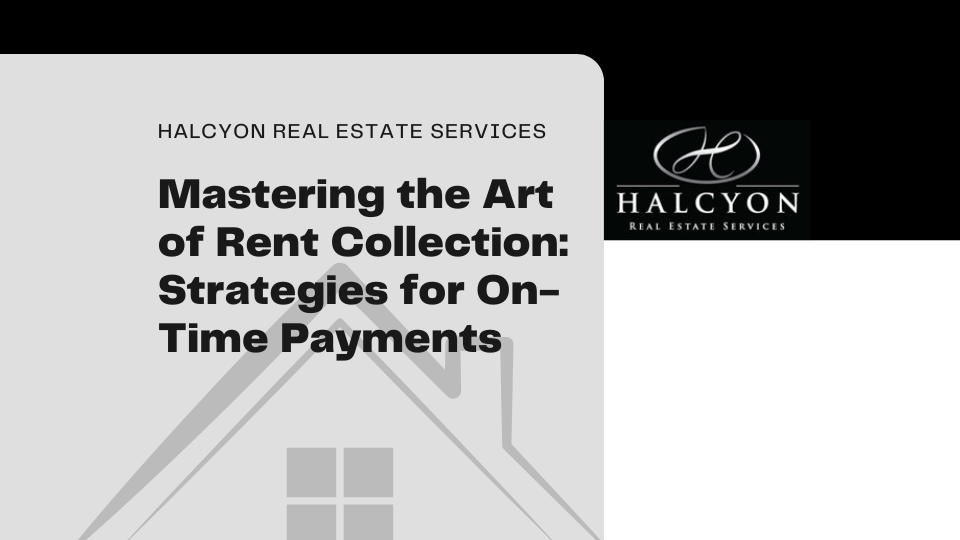How To Know If Your Rental Meets Safety Standards
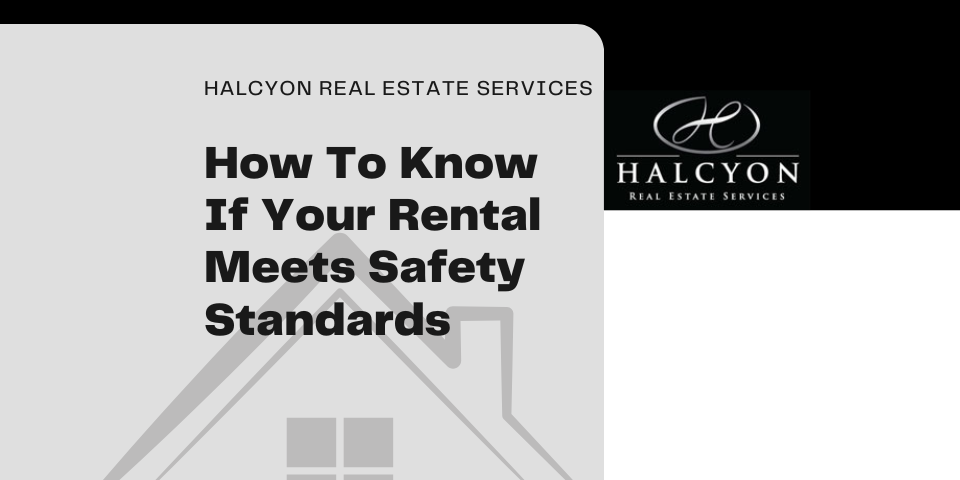
As a landlord, are you confident that your property offers a safe and secure environment for your tenants?
Welcome to the comprehensive guide by Halcyon Real Estate Services on ensuring your rental property meets safety standards.
This article will look into the essential criteria and legal requirements you must meet to ensure your rental adheres to safety standards. From fire safety measures to structural integrity, we cover everything you need to know to provide a secure living space.
Our aim is to equip you with the knowledge and resources to not only comply with legal obligations but also to ensure the well-being of your tenants in case of emergencies. Let’s explore how you can achieve this vital goal.
Ensuring Rental Property Safety: Key Factors for Landlords
As a landlord, ensuring that your rental property meets safety standards is essential for the well-being of your tenants and the longevity of your investment. Here’s a detailed look at the various factors that you should focus on:
Heating
Heating is a critical aspect of any rental property, especially in colder climates. As a landlord, it’s important to ensure that the heating system is not only functional but also efficient and safe.
This involves conducting regular maintenance checks including inspecting boilers, radiators, and thermostats for proper operation. Additionally, it’s crucial to ensure that the heating system adheres to local safety standards and regulations, which might include specific requirements for ventilation and fuel storage.
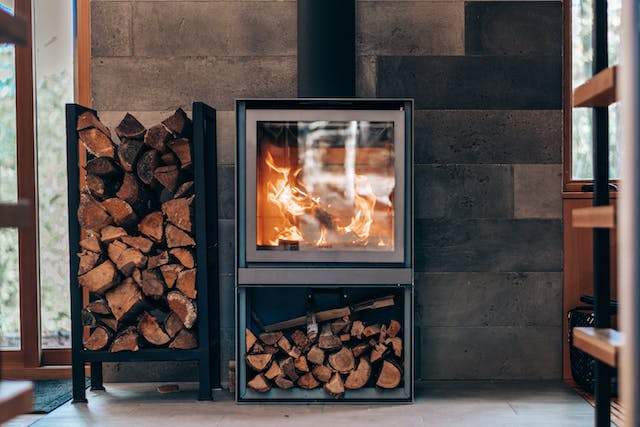
Ensuring that the property is well-insulated is also part of this process as it can significantly enhance the efficiency of the heating system, reducing energy costs and maintaining a comfortable temperature inside.
Plumbing
Plumbing is a fundamental aspect of the functionality of any rental property. It extends to maintaining the entire water supply, drainage and sewage systems.
Regular inspections are crucial to identify and fix leaks or blockages, which can lead to more serious problems like mold growth or structural damage. You should pay special attention to the water heater, which not only needs to work efficiently but also safely, as faults here can pose significant health risks.
Ensuring that all fixtures are in good working order and addressing any issues promptly can prevent minor damages from turning into major and costly repairs in the future.
Electricity
The electrical system in a rental property requires careful attention due to the potential risks it poses if not properly maintained. It is advised to have regular inspections by certified electricians to ensure that the wiring, outlets, and electrical panels meet safety standards.
You should particularly focus on areas where electrical faults are most likely to occur, such as outdated wiring or overloaded circuits. Installing Ground Fault Circuit Interrupters (GFCIs) in areas prone to moisture, like bathrooms and kitchens, is also an important safety measure.
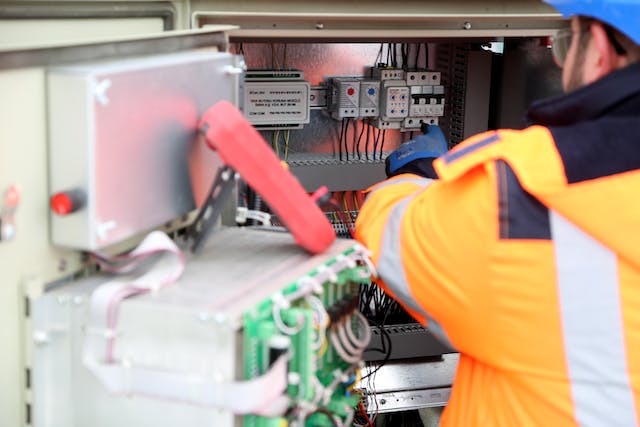
Also, ensuring that the property has adequate lighting, both indoors and in outdoor areas, can significantly enhance the safety and comfort of the tenants.
Doors and Windows
Doors and windows play a vital role in both the security and energy efficiency of a rental property. They need to be sturdy, secure, and in good repair.
This includes ensuring that all doors and windows are functioning properly to prevent drafts, which can lead to increased heating and cooling costs. You should also check for specific local regulations that may dictate specific requirements for locks or window safety features, especially in ground-floor units or those accessible from outside.
Floorings, Walls and Ceilings
The condition of the floorings, walls, and ceilings is not only important for the appeal of your property but also for safety and structural integrity.
Regular checks should be conducted for signs of damage such as cracks, holes or water damage. You should ensure that the flooring is secure and stable, with no loose tiles or planks that could lead to accidents.
Walls and ceilings should be free from significant cracks or bulges, which could indicate structural issues or potential hazards like a weakened ceiling.
Carbon Monoxide and Smoke Detectors
Carbon monoxide and smoke detectors are critical for tenant safety. They should be installed in key areas as per local safety regulations, usually in or near bedrooms and living areas.
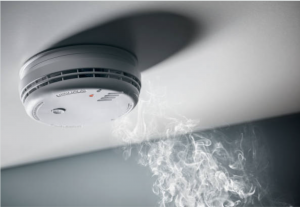
Regular testing and maintenance such as battery replacement and checking that they are functioning correctly, are vital. These detectors can be life-saving in the event of a fire or carbon monoxide leak, making their upkeep a non-negotiable aspect of property management.
Appliance Maintenance
If your rental property includes appliances, their maintenance is crucial not only for convenience but also for the safety of your tenants. Regular servicing can prevent malfunctions that could lead to accidents or damage.
This includes checking for wear and tear, ensuring that appliances like ovens, stoves, refrigerators and dishwashers are functioning efficiently. Educating tenants on the proper use of these appliances can also help prevent misuse and prolong their lifespan.
Final Thoughts
Ensuring your rental property meets safety standards is not just a legal requirement but a commitment to the well-being of your tenants. Regular checks and maintenance of heating, plumbing, electricity, doors, windows, and other critical areas are essential to ensure the safety of your tenants and your property.
However, it can be challenging to keep up with these tasks. This is where Halcyon Real Estate Services comes in. With the expertise in property management, our team can ensure your property not only meets but exceeds safety standards.
Partner with Halcyon Real Estate Services for peace of mind and a hassle-free property management experience. Contact us today to learn more!



